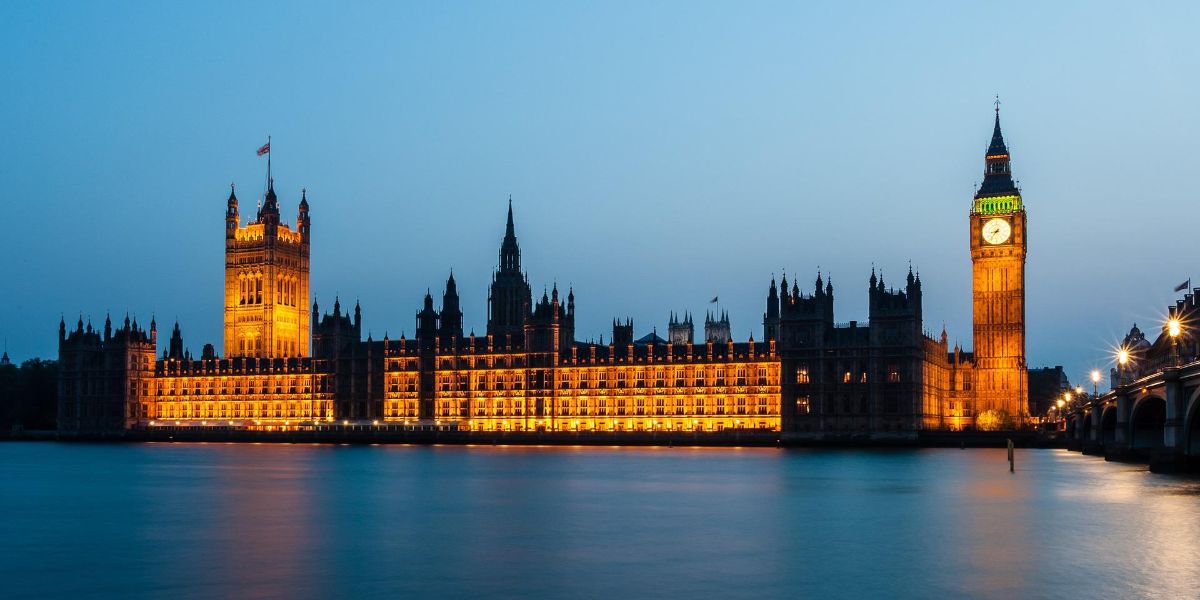On 5 June 2023 the UK launched a consultation looking for the views of stakeholders on a proposal to introduce a voluntary standard for customs intermediaries. Views are invited from interested parties by 30 August 2023.
The consultation follows a call for evidence in February 2022, in response to which stakeholders reported a satisfactory service from customs intermediaries, but raised concerns about the quality of service, particularly in relation to the knowledge and experience of intermediaries. There were issues concerning the intermediaries’ knowledge of customs processes and rules and their application to traders.
Respondents to the call for evidence noted negative experiences of incorrectly completed declarations, which resulted in additional costs from overpaid VAT or duties, time spent correcting errors or in delays with delivery of goods. The cause of the problem was often insufficient intermediary knowledge levels, communications issues, or issues arising from accuracy and quality assurance processes of the intermediaries. The responses to the call for evidence were published by HMRC in July 2022.
The current consultation is looking for views on the objectives of a voluntary standard and the appropriate format; the design and implementation of a voluntary standard; its potential content; and education and training to support the introduction of the standard. The standard could improve the customs knowledge of intermediaries and the accuracy of declarations, and provide a way to compare the quality of intermediaries’ services.
The UK government considers that a mandatory regulatory regime for customs intermediaries, such as licensing, would not be a proportionate approach in view of the significant amount of change in the sector in recent years, to which traders and intermediaries have already had to adapt. A mandatory regime would impose costs and burdens on customs intermediaries and could increase the price of trading. A voluntary standard would be less disruptive and burdensome while still encouraging improvements in quality and standards in the sector.
A voluntary standard could include education or competency requirements; specific levels of experience; commitments to continuing professional development; minimum levels of customer service; IT or system requirements; adequate insurance cover and procedures for complaints and appeals.
The consultation asks if the primary objective of a voluntary standard for customs intermediaries should be the promotion of quality and consistency, or if there should be another primary objective. The consultation requests views on the possibility of using certification, by providing independent, third-party verification that the standard has been met. In that case, views are requested on whether the certification bodies should themselves be checked to ensure they are capable of assessing conformity to the standard (i.e. an accreditation process).
Stakeholders are asked for their views on the principles for the design and implementation of a standard as outlined in the consultation, involving a collaborative approach that is readily accessible and monitored for usage and effectiveness. They are asked for suggestions on any specific requirements to be included in the voluntary standard and on how its use could be encouraged.
The consultation is also asking for information on the current use of external training, or if intermediaries are providing internal training, and what aspects of the work are covered by the training. Views are invited on the adequacy of current training offerings. Stakeholders are also asked for their views on how education or competence should be referenced within the voluntary standard.














